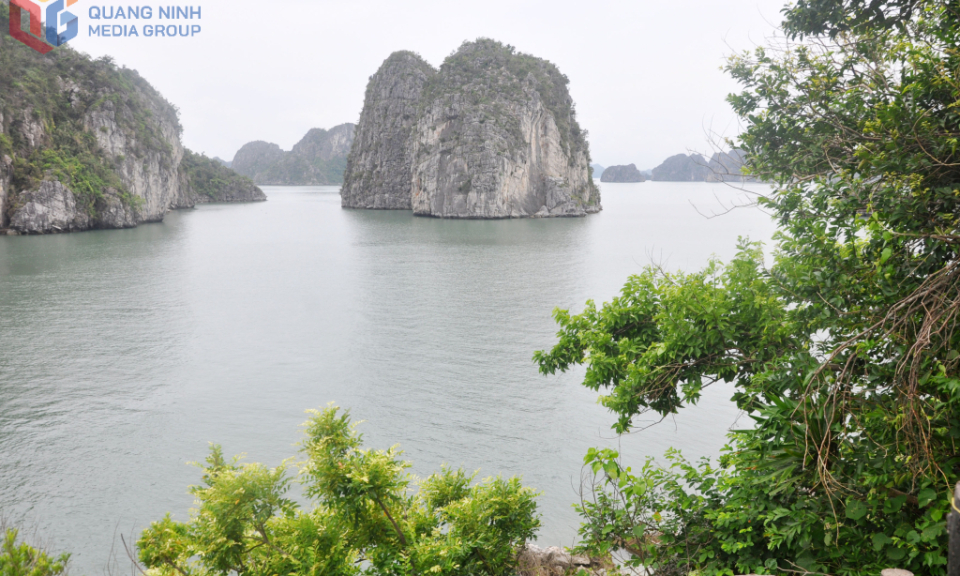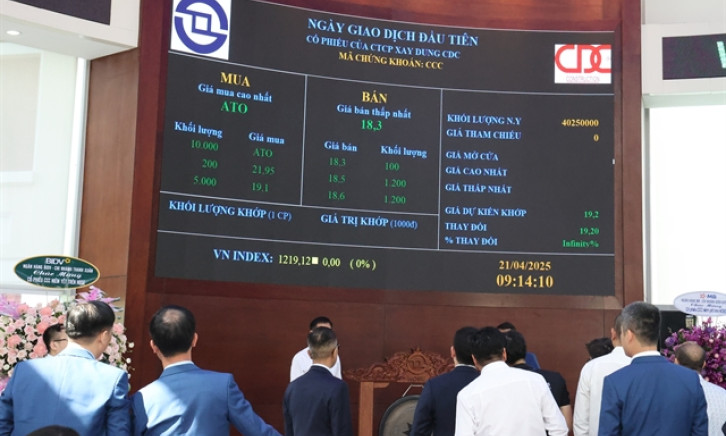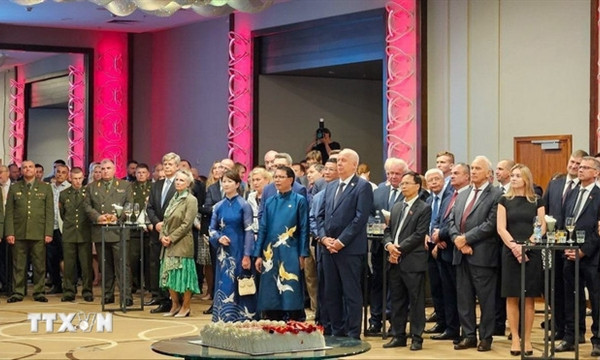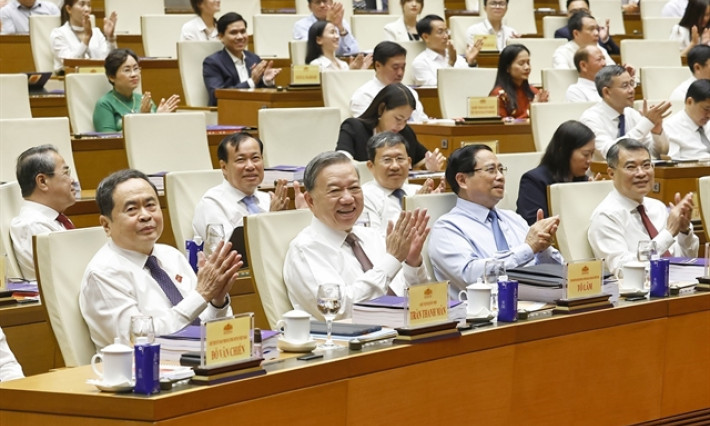Eight decades of memory: historic season inspires youth
Hà Nội is not only a city of memories but also a city of the future — where youths confidently commit and dedicate themselves, following in the footsteps of their predecessors to continue writing new chapters, building a beautiful, civilised and modern capital worthy of being the heart of the whole country.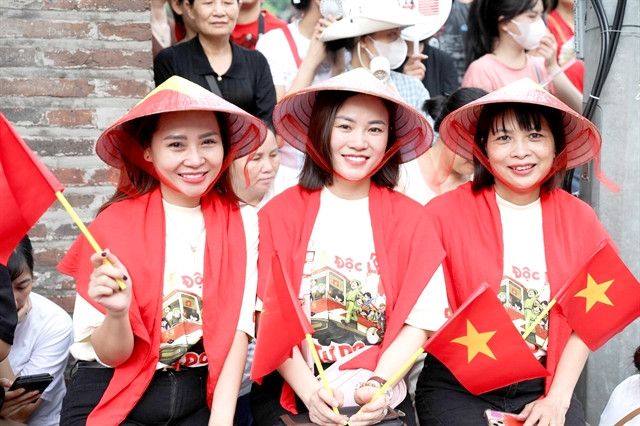
As the cultural centre of the country, Hà Nội was chosen as the heart of the revolution in the historic autumn of 1945. Since that sacred milestone, for more than eight decades, the capital has inherited and promoted its thousand-year-old cultural values while continuing to build and spread culture for today and tomorrow.
“In every major event, the capital almost always plays a decisive role,” said Professor Vũ Minh Giang, vice president of the Việt Nam Historical Science Association and also a member of the National Cultural Heritage Council.
“Regarding the August Revolution, preparations had been made for a long time, with gradual power seizures in some other localities, but the most crucial moment still lay in Hà Nội,” he said.
With careful planning, making use of opportunities and well-prepared forces, on August 19, 1945, under the leadership of the Việt Minh Front, tens of thousands of Hanoians simultaneously rose up to seize power.
This success became a victory for Hà Nội as well as a symbol and a guidepost for the entire nation during that historic autumn.
Deputy Secretary of the Hà Nội Party Committee Nguyễn Văn Phong noted that Hà Nội has been the birthplace of several revolutionary organisations since the early 20th century.
Hà Nội's Party Committee was established on March 17, 1930, and was the first Party Committee established nationwide after the founding of the Communist Party of Việt Nam.
The city fully held the position and responsibility to take on a pioneering role during the August Revolution.
“At that time, the municipal Party Committee had only about 50 members, most of whom were between the ages of 20 and 30,” said Phong.
“But they proactively seized the opportunity and decisively called for the entire population to rise up, demonstrating revolutionary bravery as well as the ability to grasp the chances given by history.”
Building the city
According to Professor Giang, immediately after the milestone of August 19, 1945, Hà Nội clearly showed its role in subsequent steps.
Specifically, when combating illiteracy was defined as an urgent goal, Hà Nội assigned many teachers and other literate people to join the 'Popular Literacy Campaign.'
In November 1945, Hà Nội hosted the first opening ceremony for revolutionary higher education in Việt Nam, marking the establishment of Việt Nam National University.
Associate Professor Bùi Hoài Sơn, standing member of the National Assembly's Committee on Culture and Education, said that respecting and valuing Hà Nội in the nation’s development process needs to be viewed from both historical and cultural perspectives.
Regarded as the cultural centre of the whole country and associated with elegance and refinement in customs and lifestyle, Hà Nội is not only a convergence point but also a diffusion centre, playing a influential role in the common value system of the nation.
Professor Giang said: "For Việt Nam, culture has always been an infinite strength, helping the nation overcome every difficult moment. It is not wrong to say that Hà Nội holds the deepest cultural bedrock in the country."
"Nowadays, when culture is the driving force for sustainable development, Hà Nội has been and is transforming its assets into boundless strength and advantages in the new era, which prioritises intelligence as one of the decisive factors of power," he said.
From the perspective of a city leader, Phong said that among the pillars of development, Hà Nội always places culture as the key factor, so that, alongside other sectors, the capital can move to uphold its position within Asia's urban network and also rise to become a global city.
In other words, Hà Nội's culture and people are not only a foundation but also a major factor in the city's development.
"Many countries rely on history, tradition and people to develop the cultural industry into a spearhead sector. Hà Nội in recent years has also taken its first steps, laying the foundation for the development of the cultural industry and tourism," said Phong.
According to Sơn’s analysis, in recent years, Hà Nội has made very good use of its available resources to grow.
"We have not stopped at declarations, but in fact have achieved important accomplishments. For example, in 2019, Hà Nội officially joined UNESCO’s Creative Cities Network, becoming the first capital in Southeast Asia to do so," said Sơn.
"Many international experts have shared with me that Hà Nội should be proud to be the creative capital of the entire region," he added.
Sustainable development
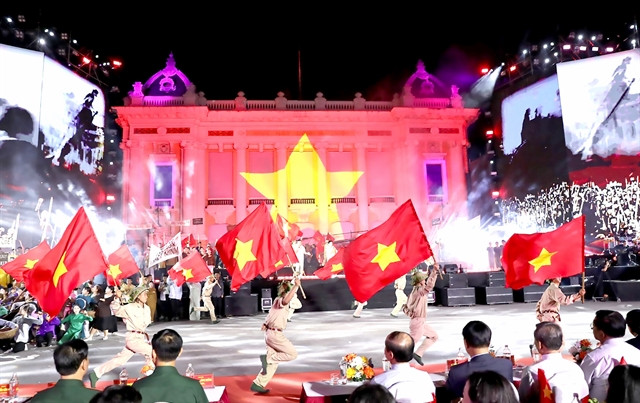
Vietnam News Agency (VNA) last Friday collaborated with the Hà Nội People’s Committee to organise a seminar titled '80 Years of Memories – The Historical Autumn' in celebration of the 80th anniversary of the successful August Revolution on August 19 and National Day on September 2.
The event was an opportunity to pay tribute to and review the heroic journey of the nation, open deep perspectives on history and inspire every citizen, especially youths, to recognize their responsibility to work together to build the capital into a civilised, modern and sustainably developed urban centre.
Speaking at the seminar, VNA Deputy General Director Nguyễn Thị Sự said that Hà Nội — the capital city with a thousand years of cultural heritage — has entered national history as a sacred symbol of the will for independence, freedom and the aspiration for peace, a place that embodies the quintessence of Vietnamese culture, intellect, bravery and spirit.
The autumn 80 years ago ignited a revolutionary fire and patriotism throughout the entire country, demonstrating the determination to gain independence and freedom and creating a brilliant milestone in the history of the Vietnamese nation.
“Those memories will never fade in the nation’s history and remain the undying pride of the capital’s people. The streets, houses and squares of Hà Nội still bear deep marks of the heroic historic autumn, when the people of the capital united wholeheartedly, firmly trusting the Party and President Hồ Chí Minh, creating a shining golden chapter in history,” Sự said.
The seminar left a deep impression, helping the public, especially younger generations, better understand the historical role, cultural identity and resilient spirit of Hà Nội's residents.
It conveyed a strong message: Hà Nội is not only a city of memories, but also a city of the future — where youths confidently commit and dedicate themselves, following in the footsteps of their predecessors to continue writing new chapters, building a beautiful, civilised and modern capital worthy of being the heart of the whole country.


